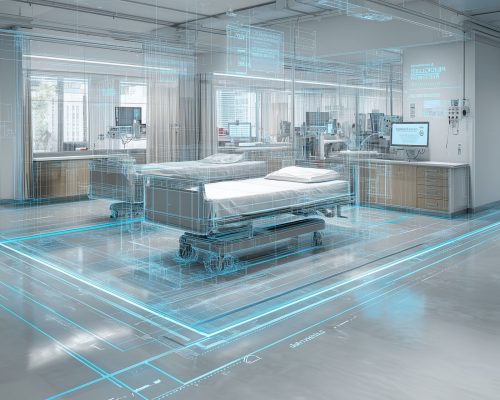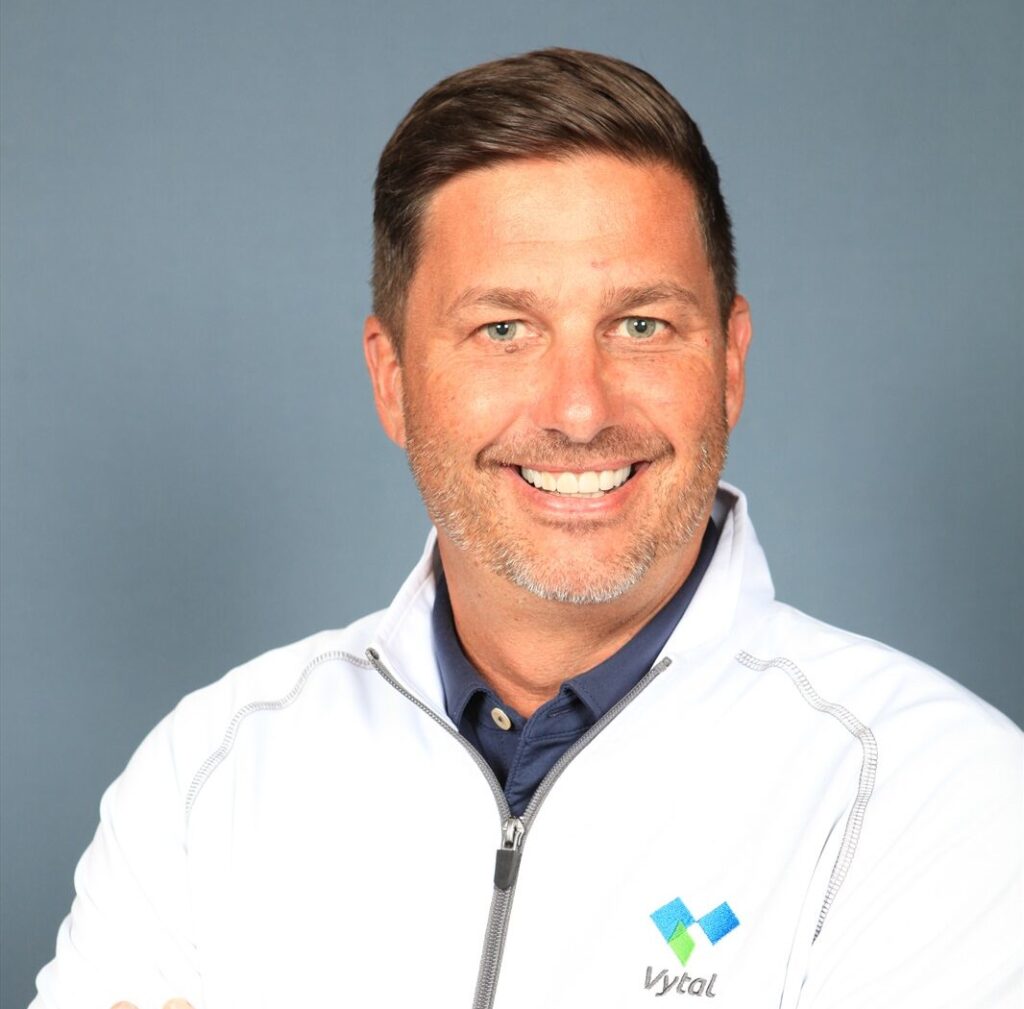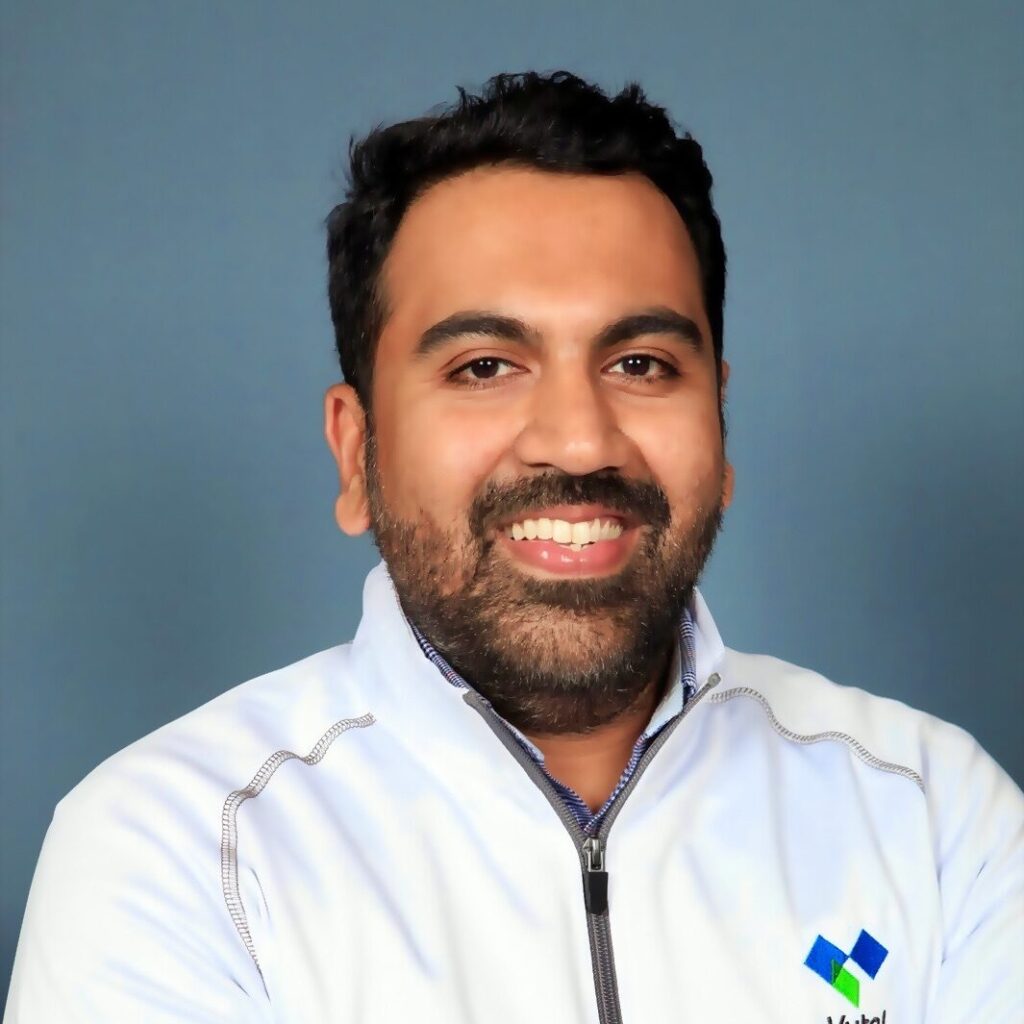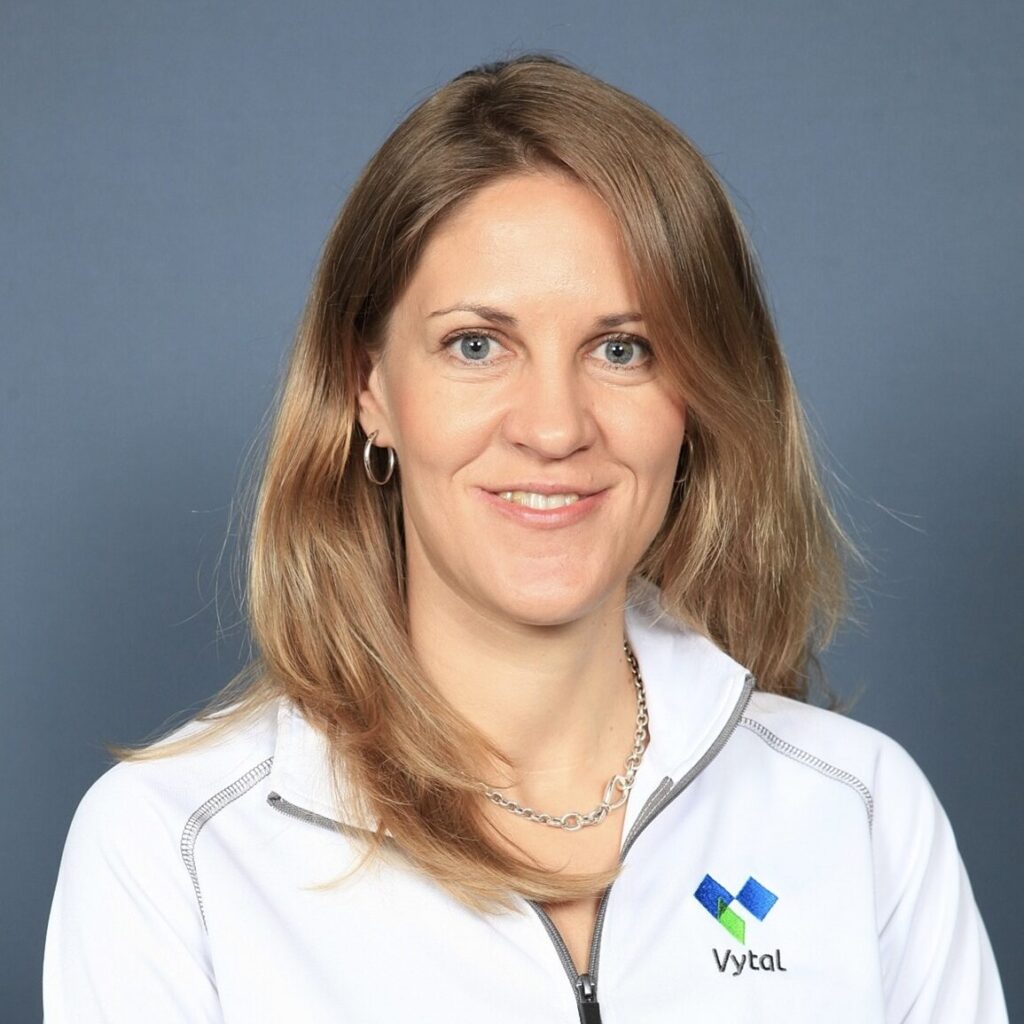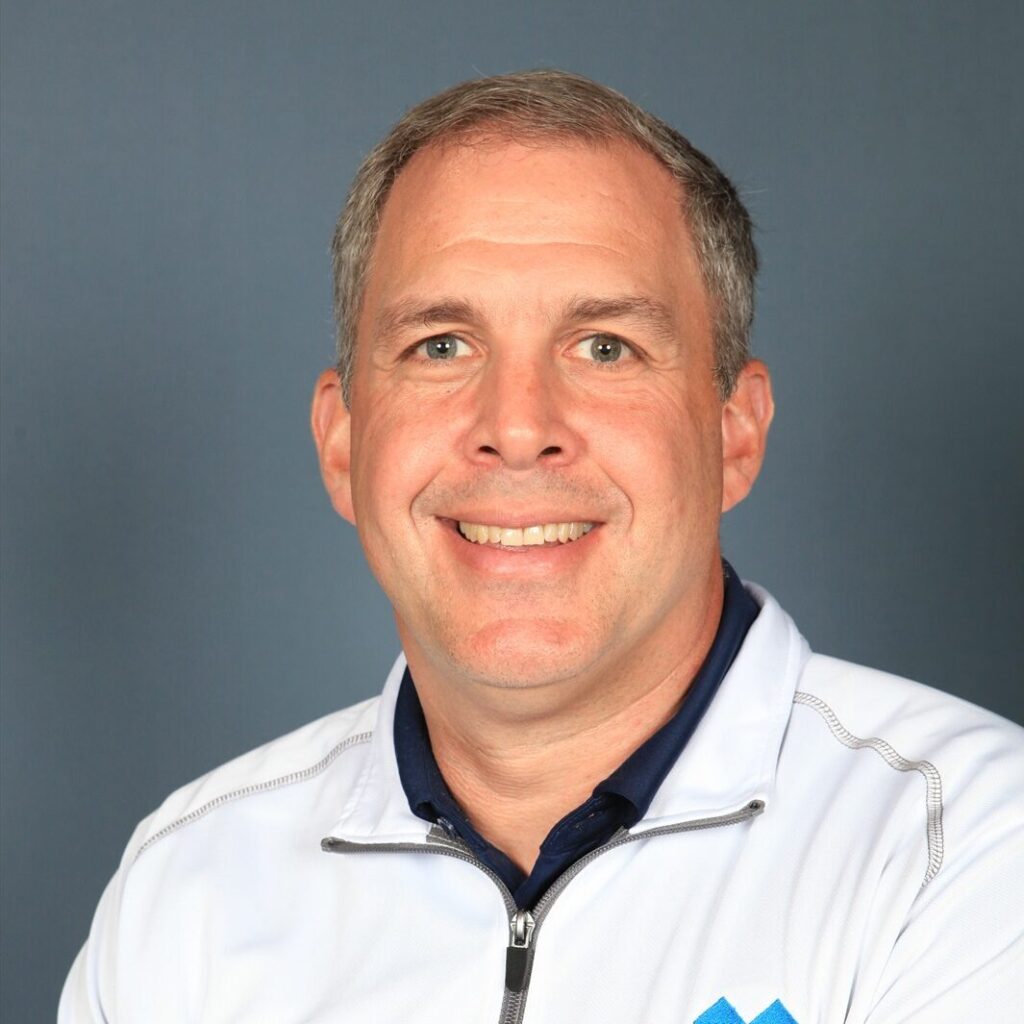
Key takeaways
- AI in CMMS platforms improves healthcare facility compliance by predicting regulatory risks and automating real-time monitoring
- Predictive maintenance through AI minimizes equipment downtime, optimizing performance and reducing operational costs in healthcare facilities
- AI-driven automation in CMMS platforms streamlines work order management, boosting staff productivity and task efficiency
As healthcare facilities grow increasingly complex, the demand for more advanced tools to manage compliance and operations has never been higher. A pivotal shift in this space has been the integration of Artificial Intelligence (AI) into Computerized Maintenance Management Systems (CMMS).
Traditionally, CMMS platforms were designed to help facility managers streamline work orders, maintenance tasks, and asset tracking. However, AI is transforming these systems into powerful tools that can automate processes, predict future maintenance needs, and ensure compliance with healthcare regulations more efficiently than ever before.
A study published by Healthcare Technology Today highlights the critical role of technology in healthcare operations, noting that the introduction of AI in healthcare facilities is not just about reducing manual workload, but about revolutionizing how facilities manage their operating model, with a focus on compliance and maintenance tasks. With AI, healthcare facilities teams are experiencing elevated operational stability, improved productivity, and a significant reduction in the risks associated with non-compliance.
The Role of AI in Modern CMMS Platforms
AI’s potential to revolutionize maintenance management is evident across industries, but its impact in healthcare facilities management is particularly profound.
AI-driven CMMS platforms help facilities stay ahead of complex regulatory requirements by automating and optimizing the process of compliance management. In healthcare, where the cost of failure can be life-threatening, integrating AI allows operations to run smoother, anticipate potential issues, and resolve them before they impact patient care.
For example, predictive analytics—an AI capability—empowers healthcare facilities to predict equipment failures based on historical data, enabling timely maintenance that prevents costly downtime. AI also ensures that critical regulatory requirements are met, relieving healthcare operations teams of time-consuming manual processes.
The Shift from Reactive to Predictive Systems
Historically, maintenance was a reactive process, with systems breaking down and repairs being made afterward. However, modern CMMS platforms, powered by AI, shift the approach to a predictive model.
Instead of reacting to failures, these systems predict them, analyzing real-time data from Internet of Things (IoT) sensors and historical maintenance records. This approach minimizes unplanned downtime, extends the lifecycle of expensive medical equipment, and drastically reduces maintenance costs. For healthcare operations executives, predictive systems ensure operational continuity, which is crucial for facilities that serve patients around the clock.
AI-Driven Compliance Management: Ensuring Regulatory Readiness

Compliance is a significant concern for healthcare facilities, with regulations evolving constantly. AI simplifies this challenge by employing predictive analytics that examine past compliance data to forecast potential issues.
This process allows healthcare executives to anticipate regulatory shifts and proactively address vulnerabilities. With the ability to predict compliance risks, facilities can avoid costly violations and ensure they are always ready for audits.
Real-Time Monitoring for Continuous Compliance
Real-time monitoring, another AI-driven feature, continuously scans the operational data to ensure facilities are adhering to current regulatory standards. This proactive approach means that potential compliance issues are identified and addressed immediately, avoiding the pitfalls of human error or oversight.
For healthcare facilities that must meet strict regulatory standards, such as Joint Commission and DNV accreditation, real-time monitoring offers peace of mind.
Automated Reporting and Documentation
AI’s ability to automate compliance reporting is a game-changer for healthcare facilities. Traditional methods of reporting often involved manually gathering data, which was not only time-consuming but also prone to inaccuracies. AI automates this process, generating real-time reports with a level of precision that is essential for healthcare compliance audits.
Automated reporting helps ensure that audit trails are complete, consistent, and ready for inspection, simplifying the entire process for operations teams.
Streamlined Task Automation through AI Integration
AI’s ability to analyze vast amounts of data from equipment enables healthcare facilities teams to better predict when a machine will fail, giving them the opportunity to address the asset before a critical breakdown occurs. This not only reduces operational disruptions but also extends the life of essential medical equipment.
In an environment where asset health can literally be a matter of life and death, predictive maintenance ensures that these assets remain is reliable condition. Proactively addressing maintenance issues can also significantly reduces costs associated with emergency repairs and equipment replacement.
Automated Work Order Management and Smart Scheduling
AI doesn’t stop at predicting maintenance—it automates the process as well. Work orders can be automatically generated based on real-time data from various assets, ensuring that maintenance tasks are assigned without the need for human intervention. AI considers factors like equipment usage patterns, technician availability, and asset criticality when scheduling tasks, optimizing workforce allocation and reducing unnecessary downtime.
For healthcare facility managers, this means less manual oversight and more efficient operations. AI frees up human resources to focus on more critical tasks, increasing overall productivity and performance.
Data-Driven Decision Support
AI excels at sifting through large datasets to identify trends, anomalies, and actionable insights. In healthcare, this means better decision-making capabilities when it comes to managing assets and resources. With AI’s help, healthcare operations teams can make informed choices that align with both regulatory requirements and financial goals. By analyzing patterns in equipment usage and maintenance needs, AI can suggest more effective maintenance strategies that ultimately save time and money.
The Financial and Operational Impact of AI in CMMS

Cost savings surfaces as one of the most tangible benefits of AI in CMMS platforms. By predicting when maintenance is needed, AI helps facilities avoid unnecessary repairs and optimize their resources. Providers can see a direct return on investment through the reduction of emergency repairs and the extension of asset lifecycles.
Cost savings are also realized in capital planning. AI assists in identifying which assets are nearing the end of their lifecycle, allowing facilities to plan for replacements more efficiently. This proactive approach to capital planning prevents financial surprises and ensures smoother budget management.
Enhancing Productivity and Reducing Downtime
AI’s ability to minimize equipment downtime directly impacts productivity. In healthcare, where equipment availability can, and often does, make an impact on patient care, reducing downtime is critical. By automating routine tasks and predicting failures, AI not only helps ensures equipment availability, but also frees staff to focus on more strategic activities.
Future Trends for AI in Healthcare Facility Management
The future of healthcare facility management lies in the seamless integration of AI and IoT. IoT sensors collect real-time data on building systems and medical devices, while AI processes this data to optimize maintenance and compliance. This combination could lead to fully automated, self-monitoring healthcare facilities where systems communicate, diagnose issues, and even self-repair.
Such advancements promise to not only improve operational efficiency but also enhance patient safety by helping ensuring that facilities function at their best.
AI’s role in sustainability is growing as well. By optimizing energy use and improving resource management, AI can help healthcare facilities reduce their carbon footprint while cutting costs.
By integrating an AI-powered CMMS into maintenance and compliance workflows, healthcare operations leaders can elevate their facilities to reach never-before-seen performance and compliance. To learn more about how AI-powered CMMS platforms like Vytal Assets can transform your healthcare facility, visit us today and discover the future of smarter, more efficient healthcare operations.
